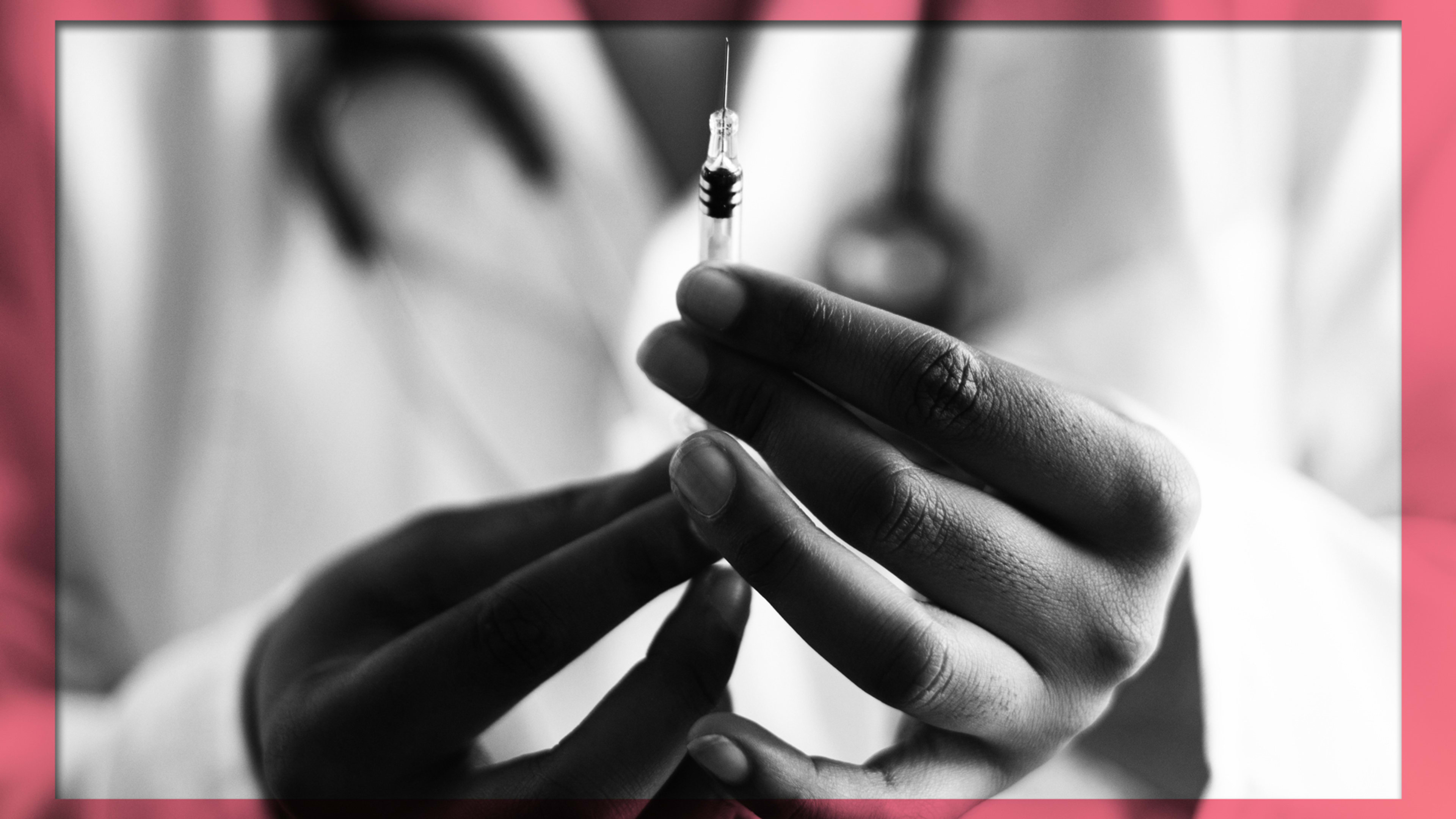We’ve gotten three incredibly good pieces of news in as many weeks when it comes to the COVID-19 pandemic. Each of the last three weeks saw the announcement that another SARS-CoV-2 vaccine has shown promising results and is waiting on regulatory approval so distribution can begin. For some, like front-line healthcare workers, the vaccine could be delivered as early as December. But for most, it’ll be late spring to summer before the mass rollout of vaccinations begins. Yet even then, things may not “get back to normal” as quickly as we’re all hoping it would once a vaccine became available.
That’s the sobering warning from Moderna’s chief medical officer Tal Zaks. Moderna was the second firm to announce their vaccine has shown an almost 95% efficacy rate, which means that almost 95 of every 100 people who receive the vaccine will be protected against COVID-19.
The problem is, it is yet unknown if any of the three vaccines—including Moderna’s—will make the transmission of the virus from a vaccinated person to an unvaccinated person impossible. Or, to put it another way, it’s possible that even vaccinated people will be able to still infect unvaccinated people with COVID-19.
As Zaks told Axios, while Moderna’s and other’s vaccines do appear to prevent people from getting “severely sick” from COVID-19, “[t]hey do not show that they prevent you from potentially carrying this virus . . . and infecting others.”
Zaks’s comments echo the comments made by one of the founders of BioNTech, which developed a COVID-19 vaccine with Pfizer. As my colleague Adele Peters reported this week, professor Ugur Sahin noted that the vaccines may not completely prevent the spread of the disease. Yet still, it’s not a completely either/or situation. The vaccines, Sahin said, could prevent some infection. “I’m very confident that transmission between people will be reduced by such a highly effective vaccine—maybe not 90% but maybe 50%—but we should not forget that even that could result in a dramatic reduction of the pandemic spread,” Sahin noted.
In other words, the vaccines could still be found to prevent some spread of the SARS-CoV-2 virus—but right now the data isn’t conclusive. But if the vaccines do turn out to only prevent the severe complications of COVID-19 and do not prevent the vaccinated from spreading the disease to others, “getting back to normal” is going to take a lot longer than hoped. That’s because the vaccinated, while safe themselves, could still be a danger to others who have yet to be vaccinated. And if that’s the case, social distancing, mask-wearing, travel restrictions, and other precautionary actions—even lockdowns—will still be needed until almost everyone on the planet has been vaccinated, too.
Recognize your brand’s excellence by applying to this year’s Brands That Matter Awards before the early-rate deadline, May 3.
